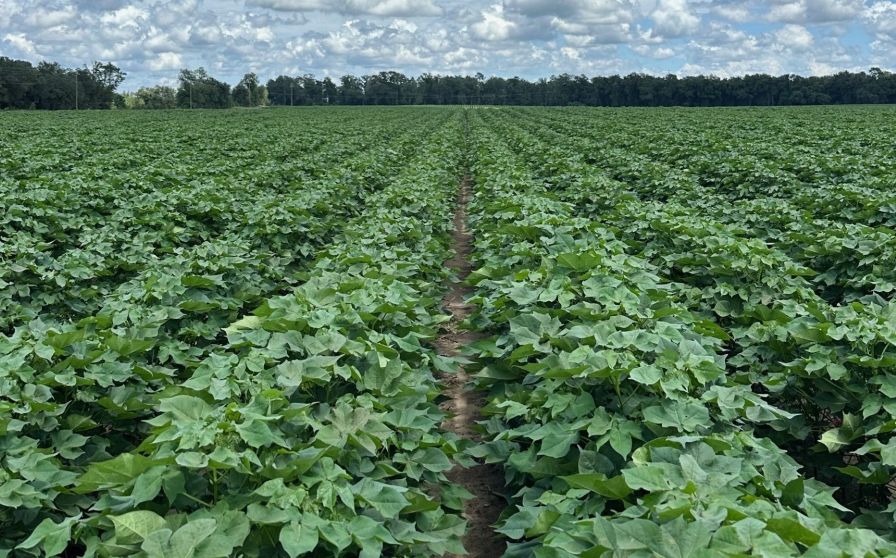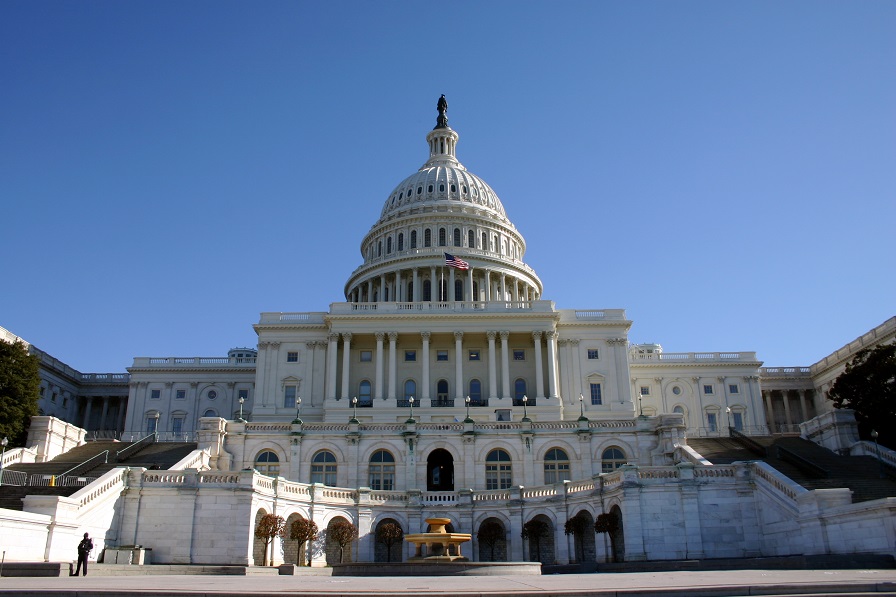Changes in Limitations Will Undermine Farm Policy.
The National Cotton Council is intensifying efforts to maintain effective farm policy. This means preserving the basic structure and support levels of current law and strongly opposing changes in existing limitations. Limits on benefits that work only for the smallest of farms and eligibility tests that disqualify individuals because they don’t drive a tractor will undermine even the best farm policy.
Cotton farmers are familiar with the repeated attempts to impose inequitable limits on program benefits. Now there are efforts to deny all commodity program benefits to individuals whose three-year average annual adjusted gross income (AGI) exceeds $200,000, even if more than 75% of the income is from farming.
A means test to deny eligibility is bad policy because AGI is not profit and farm income is highly cyclical. A producer must still pay personal living expenses and make principal payments on debt that can total into the millions. And there are a number of sources of income that are not considered farm income that would surprise all but the most experienced CPA. A means test creates uncertainty for growers and their lenders by introducing the possibility that producers may be eligible one year and ineligible the next. Landlords will probably switch to cash-rent to the disadvantage of beginning farmers. Spouses working off-farm to make ends meet, or growers invested in the local co-op, will be denied benefits.
The Council will continue to urge maintaining current structure and reject changes in current limits and eligibility criteria. We will also work to maintain competitiveness through an effective marketing loan, accurate price discovery mechanism and retention of storage credits. We have asked Congress to establish a competitiveness assistance program for our domestic textile industry. Corn and oilseeds producers benefit from tax credits and high tariffs which protect renewable fuels production. Cotton’s customers also need help to compete with an avalanche of cheap, subsidized imports. In the face of rising input costs and uncertainties in the trade arena, it is more important than ever to protect sound farm policy and preserve every farmer’s ability to participate.









